In a world where love stories continuously transcend borders, cultures and language barriers, South Korean cinema has proven itself a powerful testament to the universal language of romance. With their intricate storytelling, rich characters and poignant themes, the realm of Korean romance films offers nuanced exploration through the depths of human connection.
From sweeping historical epics to intimate modern-day classics, get ready to be swept away by the passion, yearning and undeniable magic of Korean cinema’s penchant for rich stories. Prepare your tissue boxes and read on for NME’s curated selection of must-watch films to celebrate your Valentine’s Day.
Here are the 10 most romantic Korean films add to your watchlist for Valentine’s Day
20th Century Girl (2022)
20th Century Girl transports audiences back to South Korea in the ’90s and follows the burgeoning life of 17-year-old Bo-ra (Kim Yoo-jung) as she reckons with the intimacy, tenderness and loss that comes with friendship and first loves. At its core, the film is a touching look at moments and people that continue to linger on in our memory, in spite of time.
As director Bang Woo-ri’s feature film debut, 20th Century Girl is a loose re-telling of her own coming-of-age story, which lends this fervent, emotionally charged offering its authenticity and earnesty. She perfectly reflects the powerful bonds of teenage friendships that run deep and the lasting impact of a first love and how it shapes you.
https://www.youtube.com/watch?v=KFS4_qevE7Mt
A Moment to Remember (2004)
Directed by John H. Lee, A Moment to Remember is a poignant tale of love, loss and memory. The film centres itself around a young couple, Su-jin (Son Ye-jin) and Chul-soo (Jung Woo-sung), whose blossoming romance takes a tragic turn when the former is diagnosed with Alzheimer’s disease at a devastatingly young age.
As the disease takes a heavier toll on Su-jin’s memory, Chul-soo finds himself grappling with the pain of watching the love of his life forget him more with each passing day. The film captures the raw, unfiltered emotion and challenges of coping with an inevitable illness as the couple try their best to keep their love alive – driving home the significance of cherishing each and every moment as if it were your last.
Always (2011)
Set against the backdrop of a desolate construction site, Song Il-gon’s Always delicately unravels a tale of love and redemption amidst the grime and grit of urban decay. Cheol-min (So Ji-sub), a fallen boxing champion in search of absolution, encounters Jung-hwa (Han Hyo-joo), an enigmatic parking attendant, who is a beacon of resilience despite her visual impairment.
Both characters have their individual battles to fight – Cheol-min grapples with crippling guilt while Jung-hwa fights to maintain her independence despite her disability – but when together, hope is sparked. Always stands as a testament to the human spirit and its endless quest for purpose, while portraying the enduring power of love even in the darkest of times.
Ditto (2000)
When Yoon So-eun (Kim Ha-neul) discovers an old radio in her dormitory on campus, she toys with it, until she stumbles upon a frequency that allows her to communicate with a student named Ji-in (Yoo Ji-tae), who attends the same university. They keep in contact, frequently checking in on each other and divulge secrets and details of their lives with each other.
But the duo soon discover a mystery that keeps them apart physically, but that only serves to draw them closer to each other. As Ditto unfolds, it delves headfirst into the human experience of connection, and how it can transcend the limits of realities and destinities.
Love & Leashes (2022)
Breaking new ground in the field of romance films in South Korea, Love & Leashes – starring Girls’ Generation’s Seohyun and former U-KISS member Lee Jun-young – explores themes of courtship, adoration and infatuation through the taboo world of sexual fetishes and unorthodox kinks.
Although outwardly raunchy and sexy, consent and mutual respect play a substantial and important role in the film, and as we witness our leading couple’s partnership evolve through funny and stressful circumstances in equal measure. We can’t help but root for their success, even if their dynamic is far from conventional.
Maundy Thursday (2006)
In the stark confines of a prison cell, Maundy Thursday follows the unlikely relationship between Yu-jeong (Lee Na-young), a young woman from a well-off family who struggles with depression, and Yun-soo (Gang Dong-won), a prisoner on death row who was abandoned as a child.
Following a chance encounter, brought on by Yu-jeong’s aunt, she starts to visit Yun-soo weekly, where the duo slowly begin opening up to each other. In spite of their differences, Maundy Thursday elegantly explores the nuances of grief, trauma and the reality of emotions that transcend social status, and twists into a tragic tale as the date of Yun-soo’s execution looms near.
Oasis (2002)
Love will always find a way even in the most unlikely of circumstances, as Oasis proves through the unexpected connection between Jong-du (Sol Kyung-gu), an ex-convict with intellectual disabilities, and Gong-ju (Moon So-ri), a young woman afflicted with cerebral palsy.
In spite of everything, from familial disapproval to societal prejudice, Jong-du and Gong-ju’s beautiful bond blooms into a love story that challenges the very notions of beauty, attraction, compassion and normalcy. The film is unflinching in its portrayal of the marginalised as they navigate a world that seeks to cast them aside speaks volumes to the power of empathy and the transformative power of human connection.
Romang (2019)
In the shadows of a fast-fading memory, Romang speaks to the universal experience of love and loss as it pans out against the haunting silence of the countryside. The film focuses on Lee Mae-ja (Jung Young-Sook) and Jo Nam-bong (Lee Soon-Jae), an elderly couple who have been married 45 years as they both suffer from worsening dementia.
As the film chronicles the inevitable loss of their memories, the couple attempt to reignite an old spark in their relationship by walking each other through their most cherished moments. As we follow the ebb and flow of the couple’s memories and emotions, we witness director Lee Chang-geun capture the essence of existentialism, as the film’s actors – both young and old – come together to paint a vivid picture of resilience against the effects of time and age.
Snow in Sea Breeze (2015)
Sun-mi (Lee Young-ah) has learned to live with hematopoietic dysplasia, a chronic illness close to the early stages of leukaemia, and has become a talented perfumer with her strong sense of smell. She travels to use scents and spices to heal the inner pains of the people she encounters, and eventually meets Sang-woo (Park Hae-jin), who she notes smells much like her father.
Snow In Sea Breeze flirts with the premise of the right people crossing paths at the wrong time, as both Sang-woo and Sun-mi have their respective demons to face. This tragic romance film may not have been on everyone’s radar when it first released, but has since made a name for itself as a diamond in the landscape of Korean romance films.
Will You Be There? (2016)
Well-regarded surgeon Soo-hyun (Kim Yoon-seok) is dying of illness and wishes to reunite with his lost love, who tragically died in an accident 30 years prior. When a mysterious old man offers Soo-hyun 10 odd pills, he uses them to travel to the past and meet his younger self (Byun Yo-han).
They work together to prevent the tragedies that would soon befall Soo-hyun and, in the process, learn what it means to make real sacrifices for the people you love. From reckoning with his relationship with his girlfriend, daughter and his younger self, Will You Be There? pushes the envelope on interpreting the depth of kinship and love – familial, romantic, self and platonic, all at once.
You can view the original article HERE.


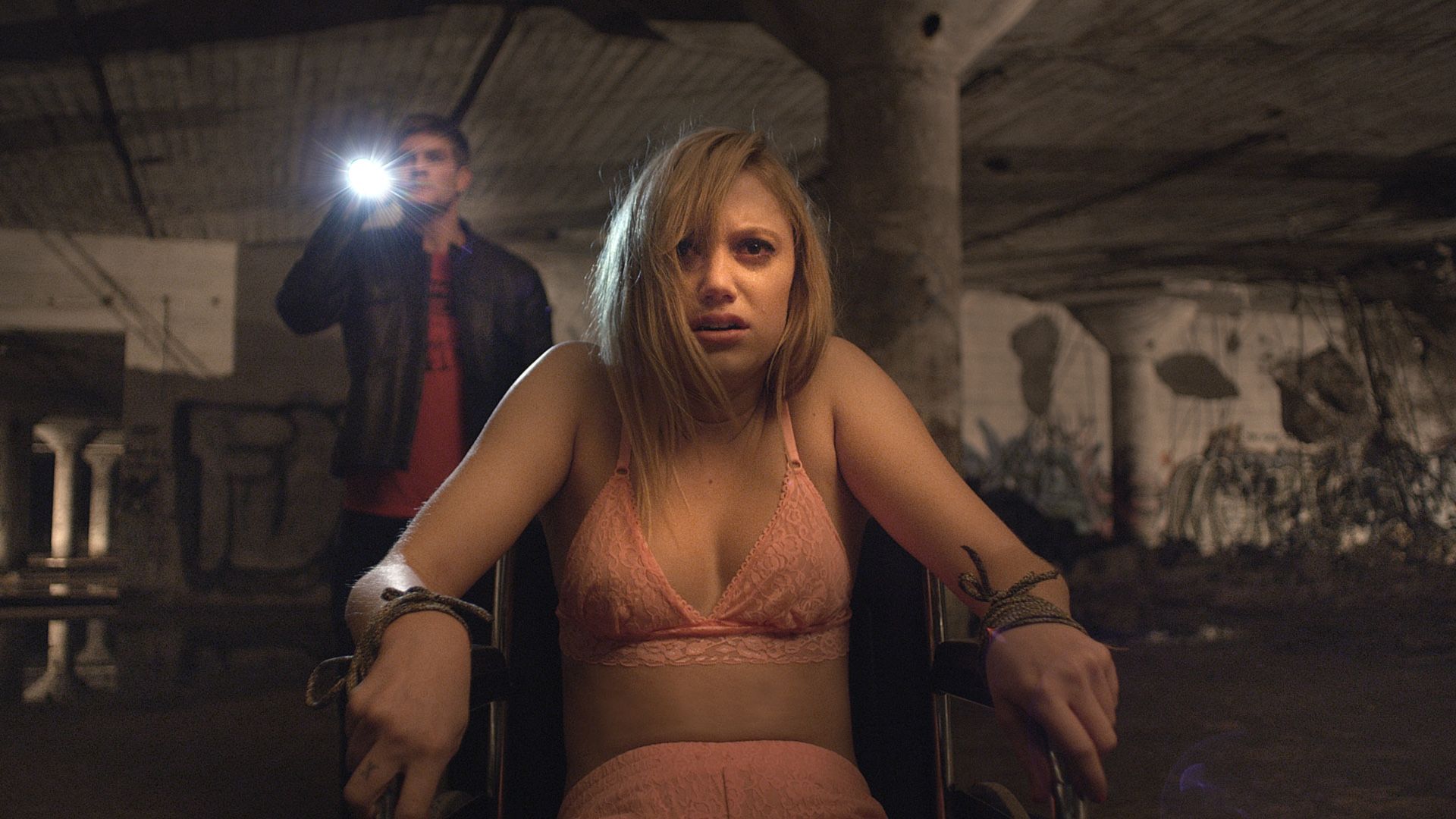


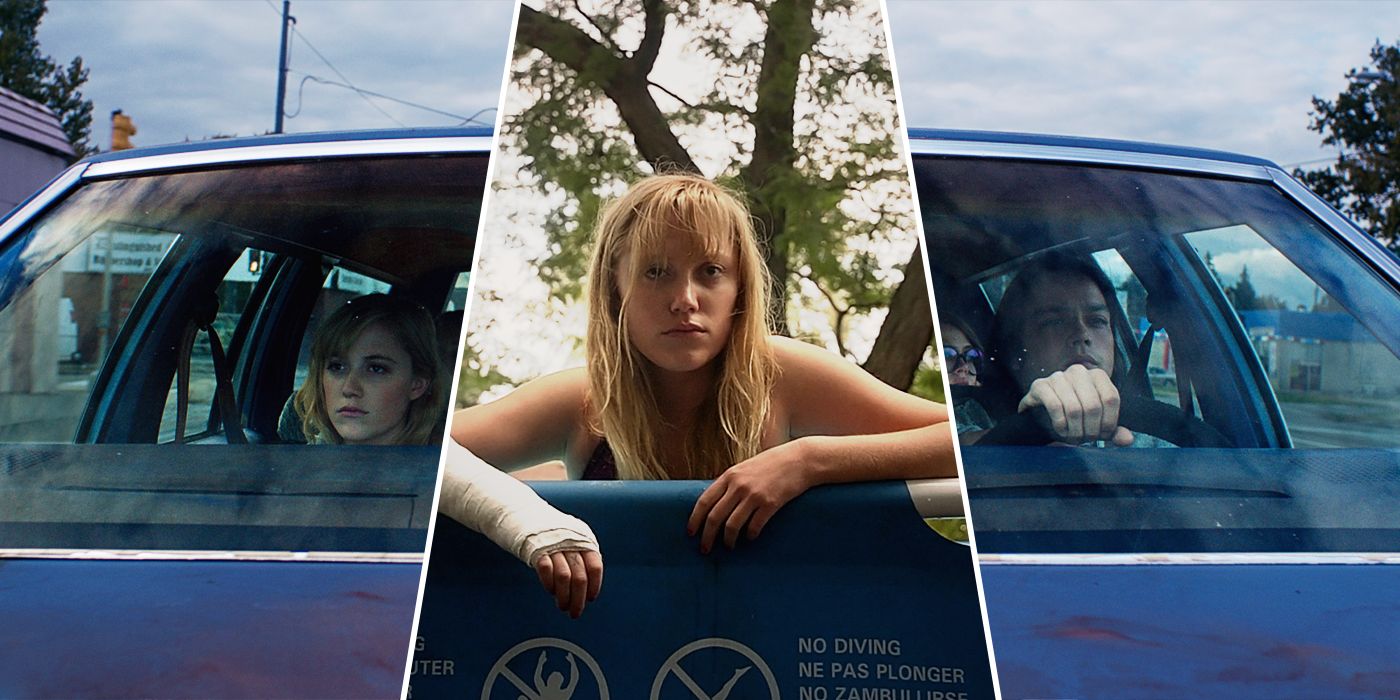
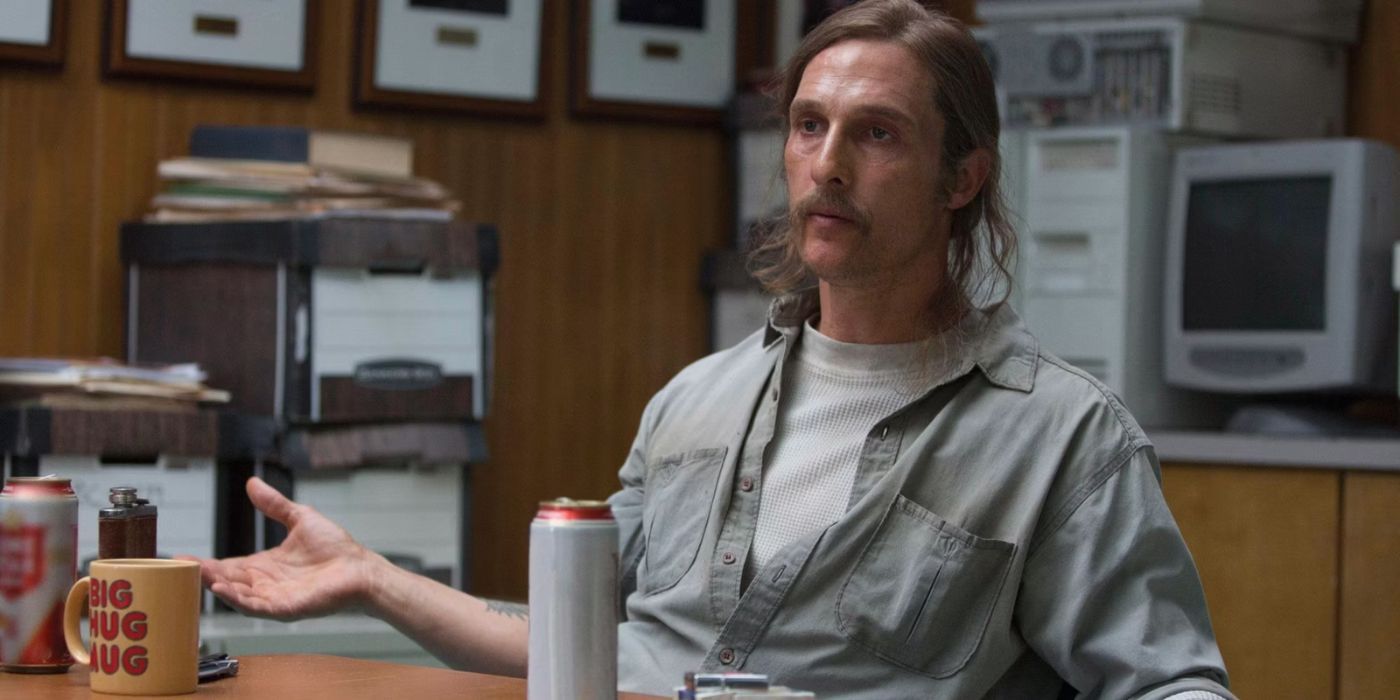



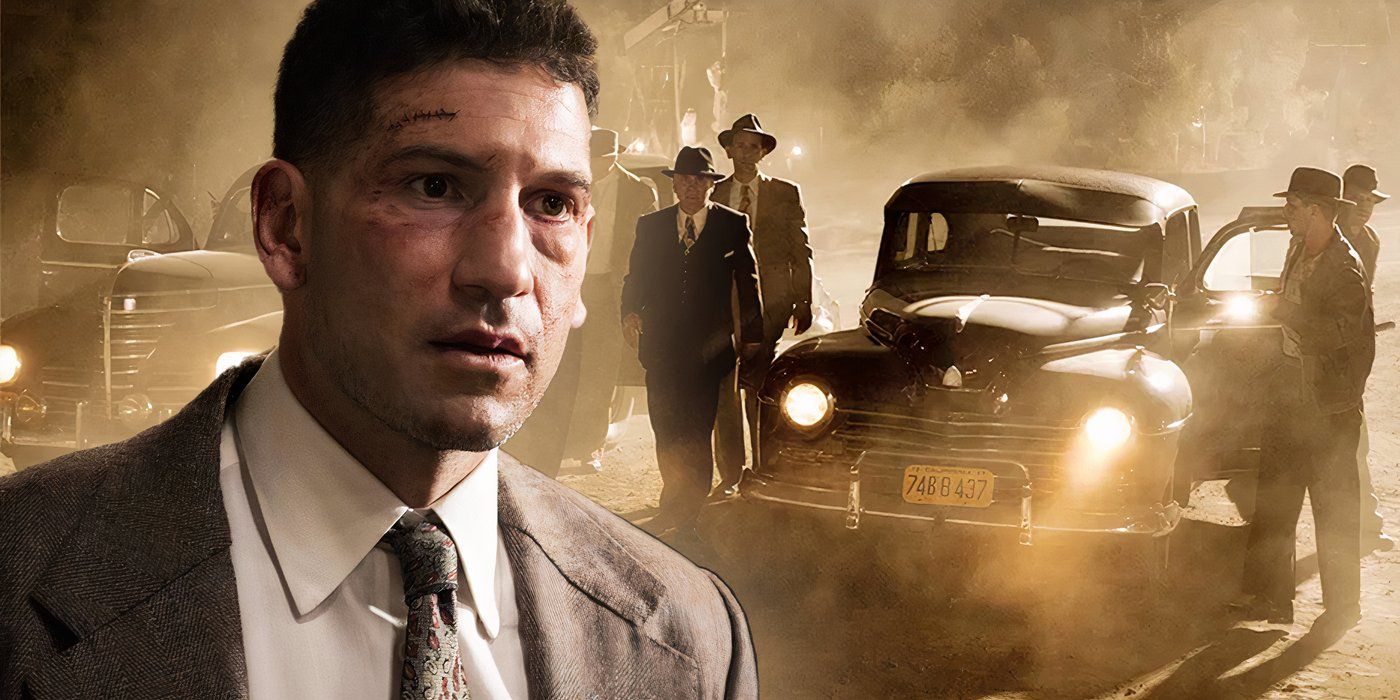









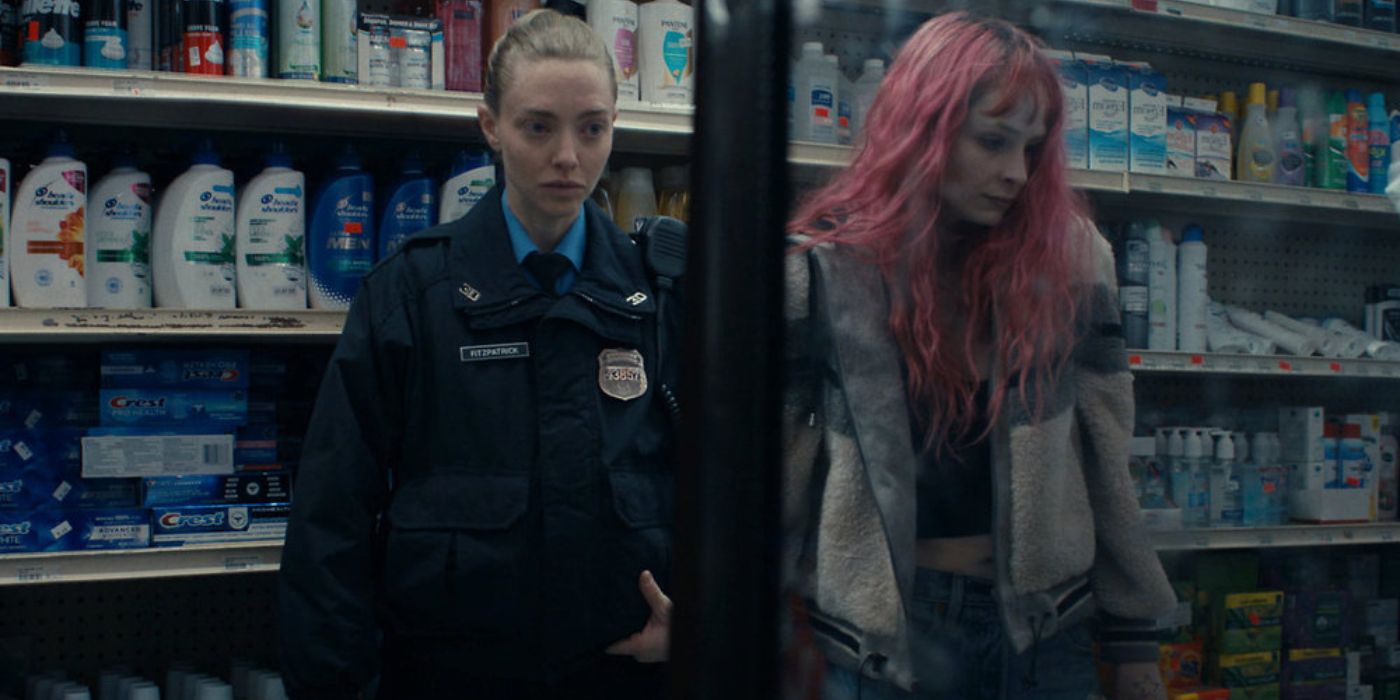





:quality(85):upscale()/2025/03/13/705/n/1922564/18fa347067d3001e6b0d50.77533101_.png)
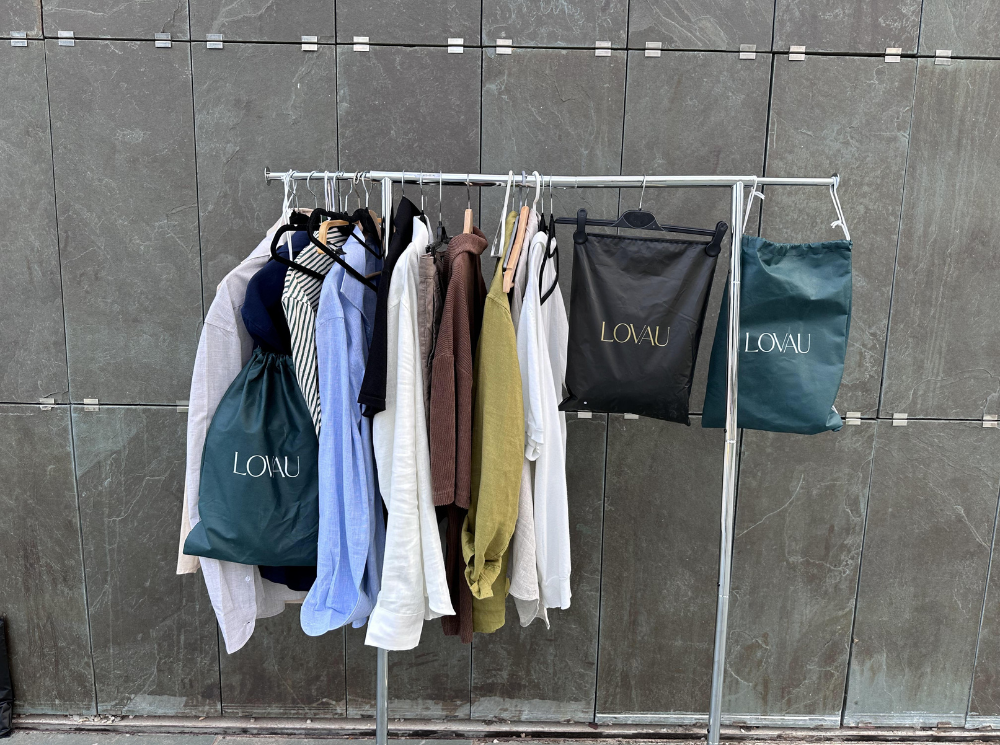
:quality(85):upscale()/2025/03/12/900/n/1922564/ae21a1a167d1f08278bdd5.84728850_.png)
